Three families. Three claims. One fortune.
Let the games begin.
 Ask any family court lawyer what is the one thing that can divide loved ones and we bet that they’ll tell you it’s money. In Birthright, Fiona Lowe has had a lot of fun portraying a wealthy family who begin plotting against one another as their mother’s health deteriorates and her long-hidden inheritance must finally be claimed.
Ask any family court lawyer what is the one thing that can divide loved ones and we bet that they’ll tell you it’s money. In Birthright, Fiona Lowe has had a lot of fun portraying a wealthy family who begin plotting against one another as their mother’s health deteriorates and her long-hidden inheritance must finally be claimed.
Fiona Lowe has been a midwife, a sexual health counsellor, and a family support worker; an ideal career for an author who writes novels about family and relationships.
We interviewed her about Australian fiction, inspiration, and whether it’s true that she used to re-write the endings to novels:
In Birthright, you tackle the uncomfortable reality that money can tear apart a family, causing them to turn upon one another. Could you tell us a little bit about the book?
Sadly, even a small amount of money can tear apart a family if the circumstances are ripe. Birthright deals with some very contemporary issues of a family behaving badly. There is inheritance impatience, adult sibling rivalry, elder abuse, midlife crises and the challenge of being part of the sandwich generation—caring for ageing parents and raising teenagers. Set in the stunning Victorian high country, the tranquil environment is no match for the scheming and revenge that the Jamieson family mete out to each other. Things can get ugly when childhood grievances are nursed to adulthood.
What you are exploring in Birthright feels in many ways thematically developed from the theme of privilege that was the bedrock of your novel Daughter of Mine. Is this an intentional preoccupation or are your narrative concerns growing organically from book to book?
I did not intentionally set out to do this and the Jamiesons certainly don’t have the same educative privileges or political clout as the Mannerings in Daughter of Mine. However, I needed a reasonable inheritance for the family to fight over so I suppose in that way both families are moneyed. The novel I’m currently writing does not involve any rich or privileged families, in fact one character has no qualifications whatsoever.
Family conflict has always fascinated novelists. What is it about prickly family situations that attract you as a writer?
Family friction is a great source of story and can be mined to the full extent of all the emotions. Despite a DNA connection, families are like a small community made up of disparate members with differing opinions. However, because of the blood bond, we frequently have higher expectations of our relatives than those of the public and this is our downfall. It is when our expectations are not met that the problems commence.
Apart from being a novelist, you have also worked as a midwife, sexual counsellor and a family support worker – could you tell us how these occupations have informed the way you write about families?
All of these jobs involved working with families who were all at different stages in their lives. Whether it was the joy of delivering a baby and being involved in the start of a new branch of a family, helping a grieving family whose baby was stillborn, or working with families struggling with illness and/or economic and social issues, I had the privilege of being welcomed in to assist. It brought me moments of immense satisfaction as well as heartache, pain and frustration. During that time in my life, the idea of writing a novel had not even crossed my consciousness, but now, looking back, all of my experiences were grist for future stories. To quote Charles Dickens, I have experienced ‘the best of times and the worst of times’ in my work with families.
Who are some of your biggest literary inspirations?
 Jane Austen would have to be my first and foremost literary influence. I read Pride and Prejudice at fifteen and I must have read it every year since. Her razor-sharp observational skills of people are something I aspire to emulate. My father raised me on Banjo Patterson and C.J. Dennis and I am also a big fan of Ruth Park. This dates back to my kindergarten years as a young child in Papua New Guinea listening to The Muddleheaded Wombat on the radio. Later, as a young adult, I graduated to her novels (Harp in the South etc.) and more recently I’ve read her biographies. She was an author in a time when women’s work was considered to belong in the home. This meant her novelist husband, D’Arcy Niland, got the house office while she wrote at the kitchen table supervising her children’s homework. She was remarkable and I’m a little in awe of her.
Jane Austen would have to be my first and foremost literary influence. I read Pride and Prejudice at fifteen and I must have read it every year since. Her razor-sharp observational skills of people are something I aspire to emulate. My father raised me on Banjo Patterson and C.J. Dennis and I am also a big fan of Ruth Park. This dates back to my kindergarten years as a young child in Papua New Guinea listening to The Muddleheaded Wombat on the radio. Later, as a young adult, I graduated to her novels (Harp in the South etc.) and more recently I’ve read her biographies. She was an author in a time when women’s work was considered to belong in the home. This meant her novelist husband, D’Arcy Niland, got the house office while she wrote at the kitchen table supervising her children’s homework. She was remarkable and I’m a little in awe of her.
Which Australian writers are you biting your fingernails to read next?
Such a hard question! I’m hoping both Liane Moriarty and Kate Morton bring out a new book in 2018. I recently enjoyed Eliza Henry Jones’s In the Quiet so I am interested to peek at her new YA novel.
Could you tell us what to expect in the future – another book, perhaps?
I’m working on a 2019 release. This time, instead of focusing on a family, I am writing about a rural community two years after a devastating natural disaster. Four women, who under normal circumstances would never come together, find themselves working to save the town. Of course they all have lives outside of the group and they all experienced the disaster differently. Unlike Daughter of Mine and Birthright, there are no blood ties and no known or shared history so it’s proving to be a challenging write!
And finally, there is a rumour that you used to re-write the endings of books in your head before you became a writer. Could you give us an example of a book that you rewrote, and tell us how you thought it should’ve ended?
I did this a lot as a teenager! Any book where the ending made me unhappy, I rewrote it to suit me. Possibly the first book I did this with was Gone with the Wind. Reflecting on why I did it, I’ve decided that it happened with books that have ambiguous endings. I am still not a fan of the ambiguous ending. Perhaps it is the very practical streak in me that quarrels with the creative, but I want an author to make a decision and clearly state the end, whether it be happy or not. If I’ve taken an emotional journey with a likeable character, I want a payoff because although life is not fair, it’s not all doom and gloom either. I think working with struggling families has exacerbated this need I have for a book to end with hope. I probably want the escape.
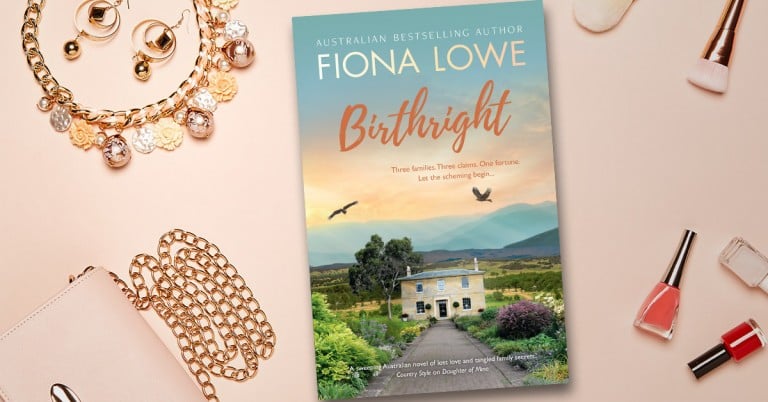
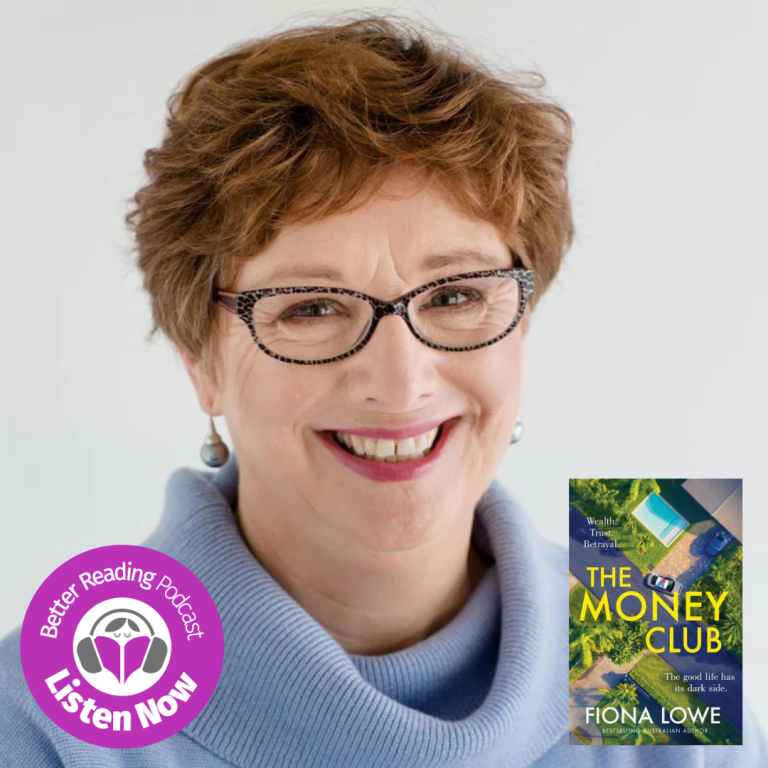
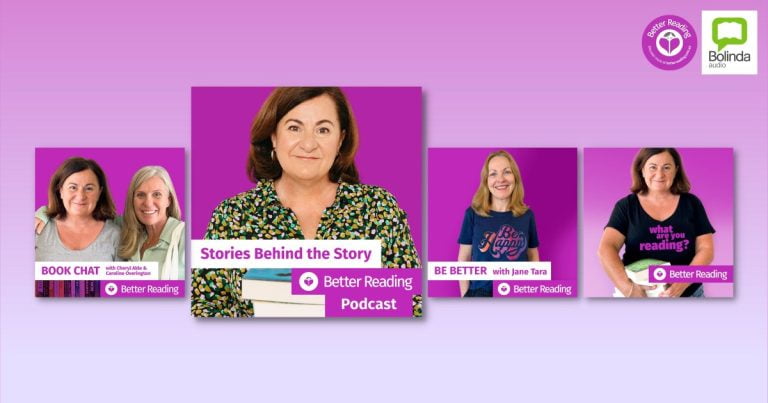
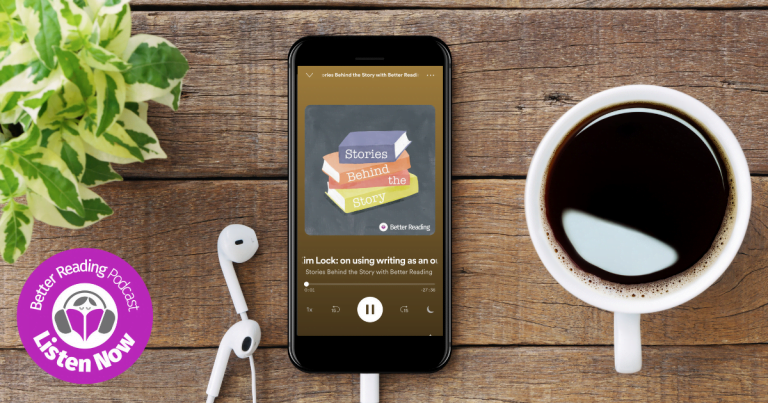
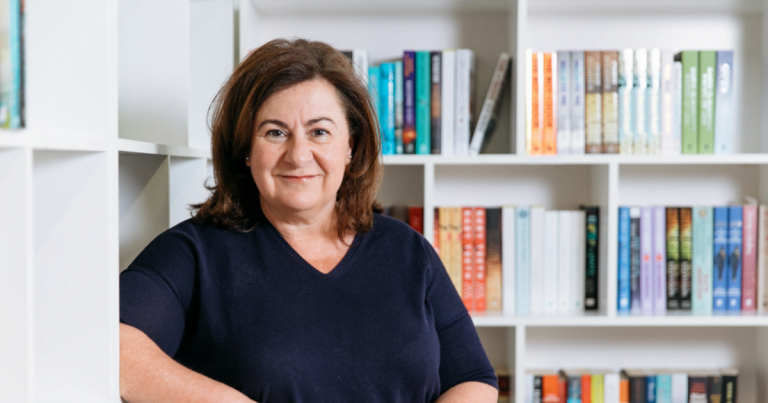
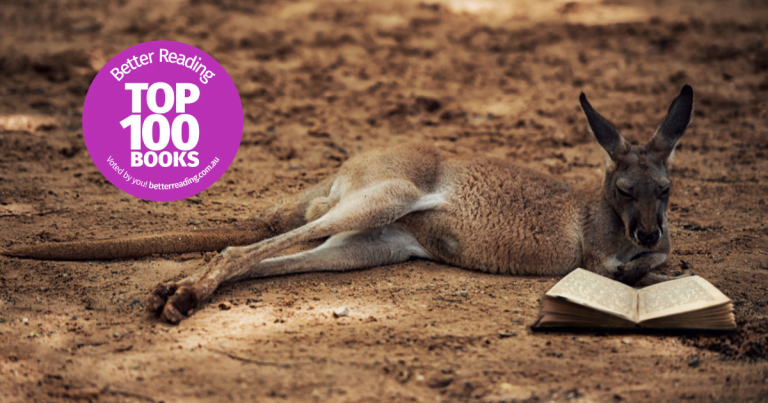
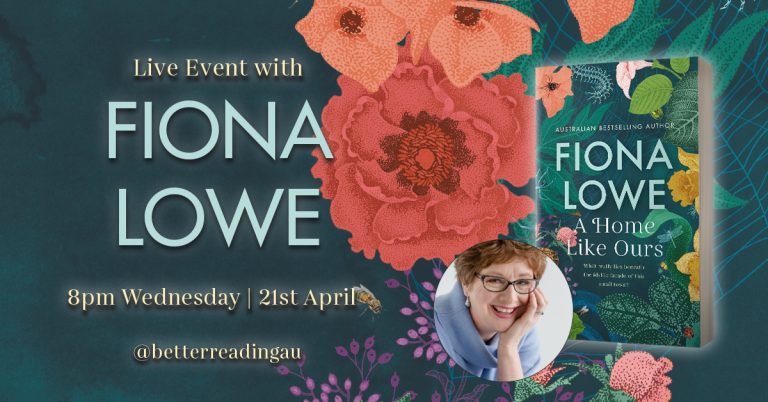
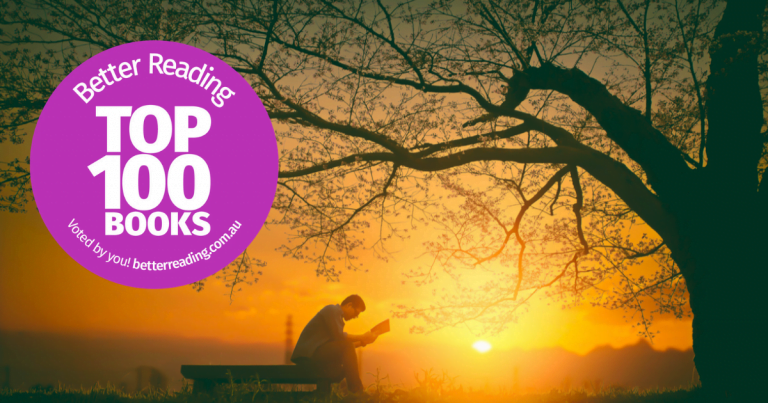
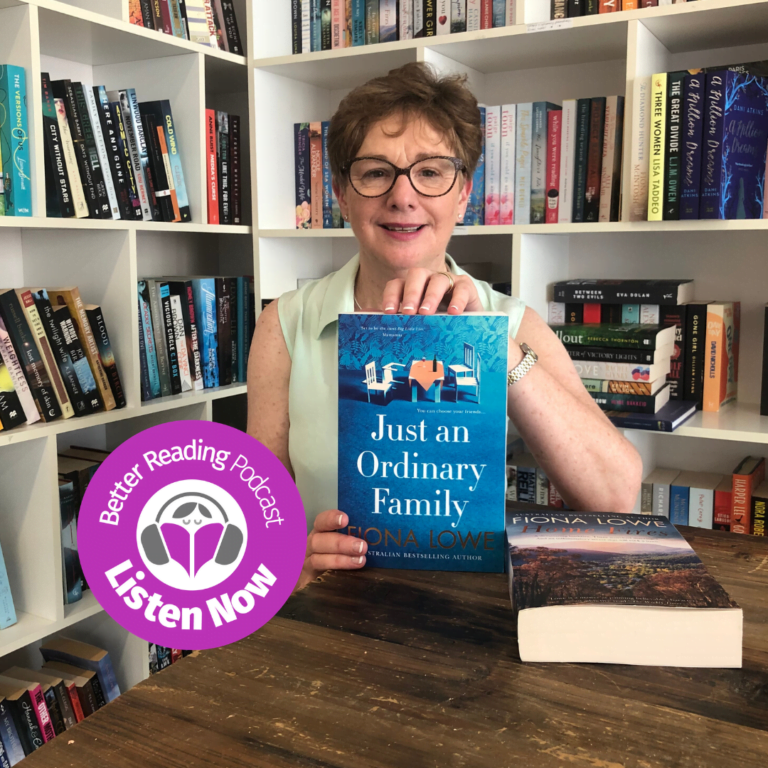

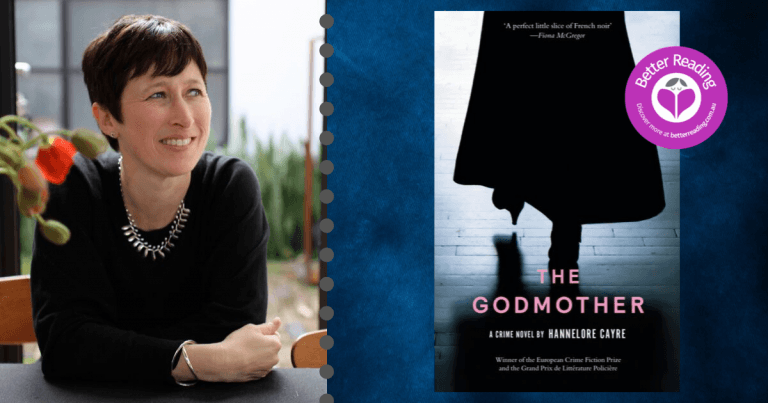
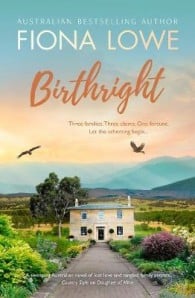
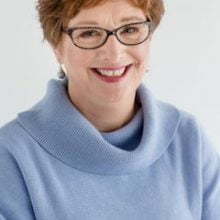
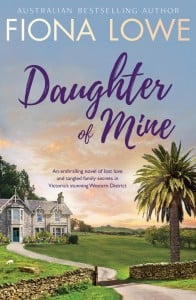
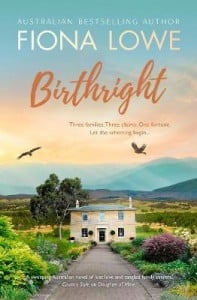
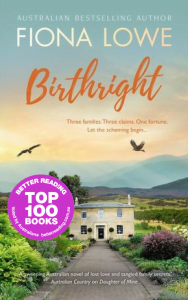
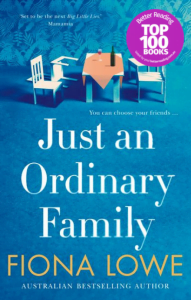
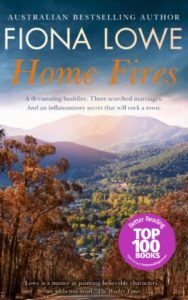
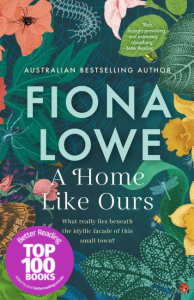
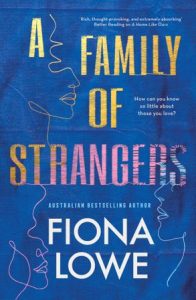
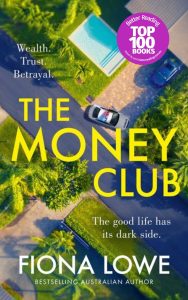
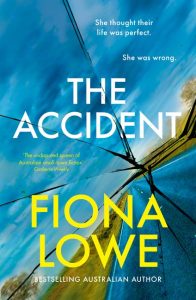
Leave a Reply